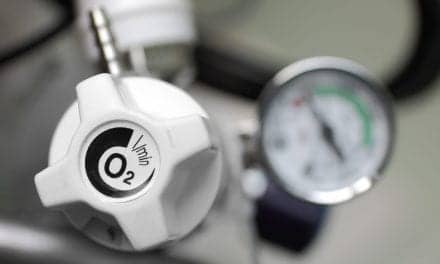Researchers at the Medical University of Vienna are investigating the significance of the changes in oxygen levels in the lungs caused by mechanical ventilation.
Many severely ill patients suffer acute respiratory failure in intensive care units (ICUs). These patients have great difficulty in breathing, their blood oxygen level drops sharply and the carbon dioxide level rises. In order to stabilise this dysfunctional gas exchange, doctors employ mechanical ventilation. “But that can result in something like a vicious cycle,” explains Klaus Ulrich Klein from the Medical University of Vienna. According to this anaesthetist, mechanical ventilation can exacerbate damage to the lungs, sometimes triggering dire consequences such as prolonging the patient’s stay in the ICU, cognitive dysfunctions or remote organ injury.
Mechanical stress exercised on the lung leads, inter alia, to rapid partial pressure of oxygen (PO2) changes in the lung. While familiar for a long time, this phenomenon has only recently become the subject of clinical research. It is still unclear, however, in what way these oscillations contribute to respiratory distress. “We assume that rapid PO2 changes induce the generation of free oxygen radicals and local inflammation reactions in the lung and thus constitute an additional root cause for lung damage during mechanical ventilation,” comments Klein.











I’m a asthma parson. what ever take some medicine but problem not solve . i can’t understand how to solve it.at least 6 month already take a inhaler (Becloetasone Dipropionate DP-caps 400mg . and shalbatamolt 400mg.one day two time inhelar and 3 time take a drink tablat for shlbatomolt …..pleas send me mail how to solve the case…